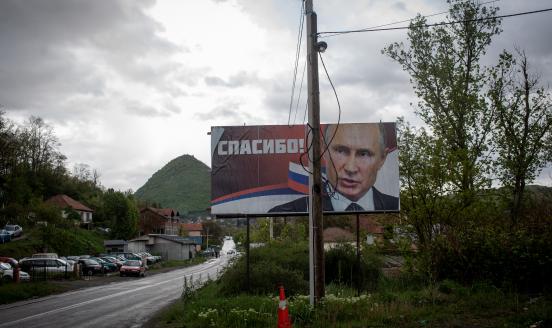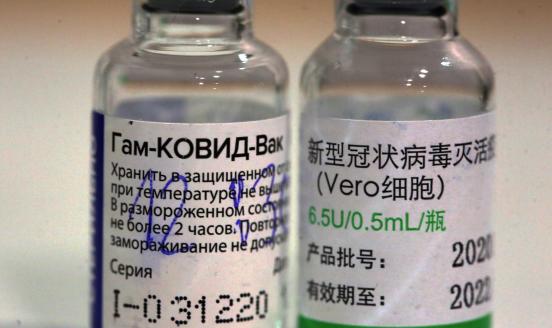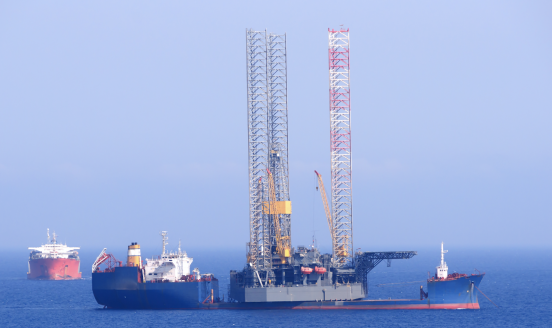
Michael Leigh
Michael Leigh joined Bruegel as a senior fellow in February 2020. He is also Academic Director of the Masters in European Public Policy programme at Johns Hopkins University, School of Advanced International Studies in Bologna, Italy and a senior adviser on public policy and government affairs at Covington, Brussels. He was senior fellow at the German Marshall Fund (GMF) of the United States between 2011 and 2019 working on the EU, the Mediterranean, the Middle East and transatlantic relations. He was an Erskine fellow at the National Centre for Research on Europe at the University of Canterbury, New Zealand in 2017. He is a member of the Wilton Park Advisory Council (UK). He has advised governments, written and lectured extensively about “the future of Europe”, Brexit, energy, enlargement, Turkey, the Mediterranean, the Middle East and neighbourhood policy. He has facilitated a number of simulated negotiation exercises for Bruegel and SAIS-Europe.
He became director-general for enlargement at the European Commission in 2006 after serving for three years as external relations deputy director-general with responsibility for European Neighbourhood Policy, relations with Eastern Europe, Southern Caucasus, Central Asia, Middle East and the Mediterranean countries. Earlier he was chief negotiator with the Czech Republic and other candidate countries.
He took on his current roles after more than thirty years in EU institutions, including as a cabinet member for British and Dutch Commissioners and as director in the Task Force for the EU Accession Negotiations. He worked on the development of the single market and the common fisheries policy. He began his career as lecturer in international relations at the University of Sussex and assistant professor of international relations at Johns Hopkins University’s School of Advanced International Studies in Bologna, Italy. He holds a Bachelor’s degree in Philosophy, Politics and Economics from Oxford University and a PhD in Political Science from M.I.T.
Featured work

Covid-19 and the geopolitics of the Balkans
How have China, Russia, Turkey and others stepped up their activities in the Balkans at a time when the prospect of enlargement is diminished?

Vaccine diplomacy: soft power lessons from China and Russia?
The rocky start to the European Union’s vaccination rollout has allowed Moscow and Beijing to score political points in the Balkans and Central and Ea

An appropriate European Union response to tensions in the Eastern Mediterranean
If the European Union can mediate effectively to resolve current Greek-Turkish tensions over energy in the Eastern Mediterranean, it could also provid

A tale of two pandemics
The two narratives briefly examined here cast light on different aspects of the EU in the times of Covid-19. Euroskeptic nationalists typically propag